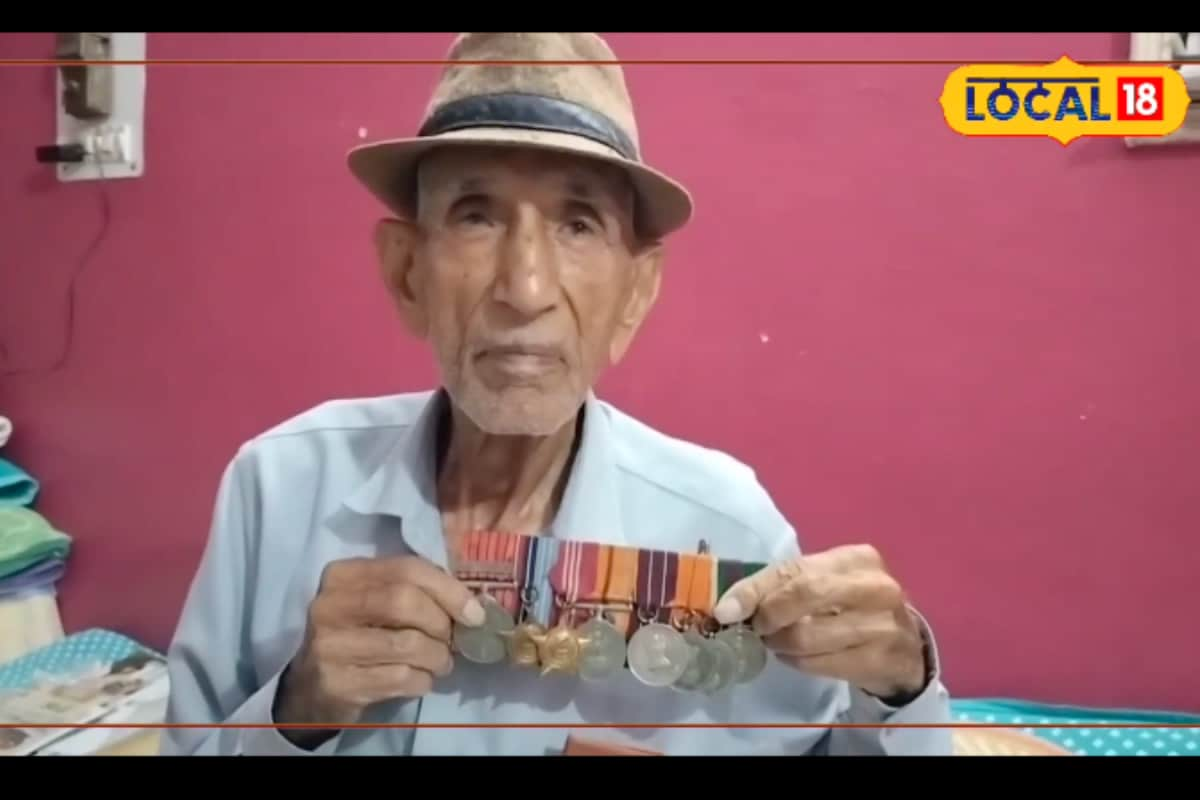

The 1971 India-Pakistan War, a pivotal moment in South Asian history, led to the creation of Bangladesh. While the war involved intense fighting across multiple fronts, some operations were marked by remarkable strategies that resulted in significant gains without bloodshed. One such instance, as recalled by a retired Indian Army Captain, highlights the ingenuity and tactical prowess of the Indian troops.
The conflict officially began on December 3, 1971, with Pakistan's Operation Chengiz Khan, a series of preemptive aerial strikes on Indian air bases. India responded by declaring war,launching a three-pronged offensive involving land, air, and sea. The war ended swiftly on December 16, 1971, with the surrender of Pakistani troops in Dhaka.
The war's roots lay in the struggle for Bengali rights in East Pakistan. The refusal to accept Bengali as a state language, economic disparities, and political hegemony by West Pakistan fueled tensions. In March 1971, the Pakistan Army intervened to suppress the growing nationalist sentiments, leading to widespread violence and a massive refugee crisis as millions fled to India. This humanitarian crisis, coupled with the political instability, prompted India's intervention.
Before the official declaration of war, the Indian Army had already been engaging in operations along the border with East Pakistan. These actions served to confuse the Pakistani forces and included key battles such as the Battle of Garibpur. This particular battle, fought on November 21-22, 1971, saw Indian forces successfully thwart a Pakistani attack, significantly impacting the Pakistan Army's morale.
The 1971 war saw the Indian Army achieve a clear upper hand, culminating in the surrender of the Pakistani military's Eastern Command on December 16, 1971, in Dhaka. Approximately 93,000 Pakistani servicemen were taken prisoner by the Indian Army. The swift victory signaled India's emergence as a regional superpower. After the war, India returned approximately 15,010 km2 of land that its forces had captured in West Pakistan, in the Simla Agreement of 1972, as a gesture of good will.
The 1971 war remains a significant event in the collective memory of India, often invoked to highlight the country's strength and military capabilities. The stories of valor and strategic brilliance, like the capture of a fort without firing a single shot, continue to inspire and remind of the ingenuity displayed by Indian troops during the conflict.